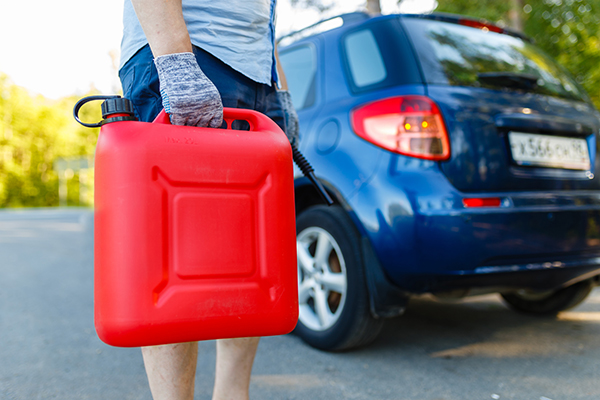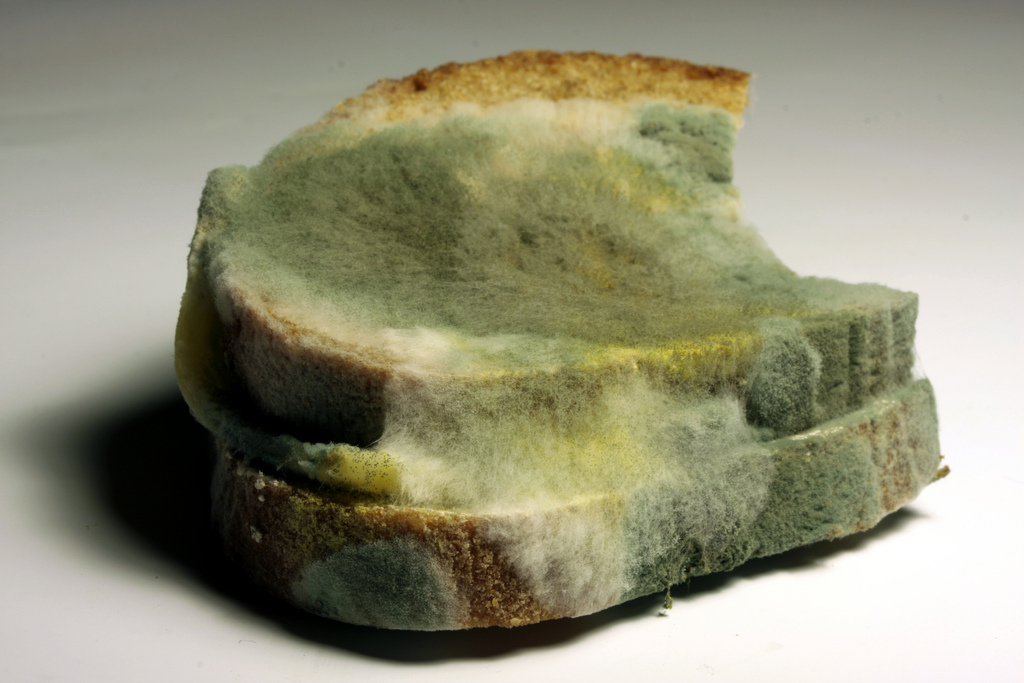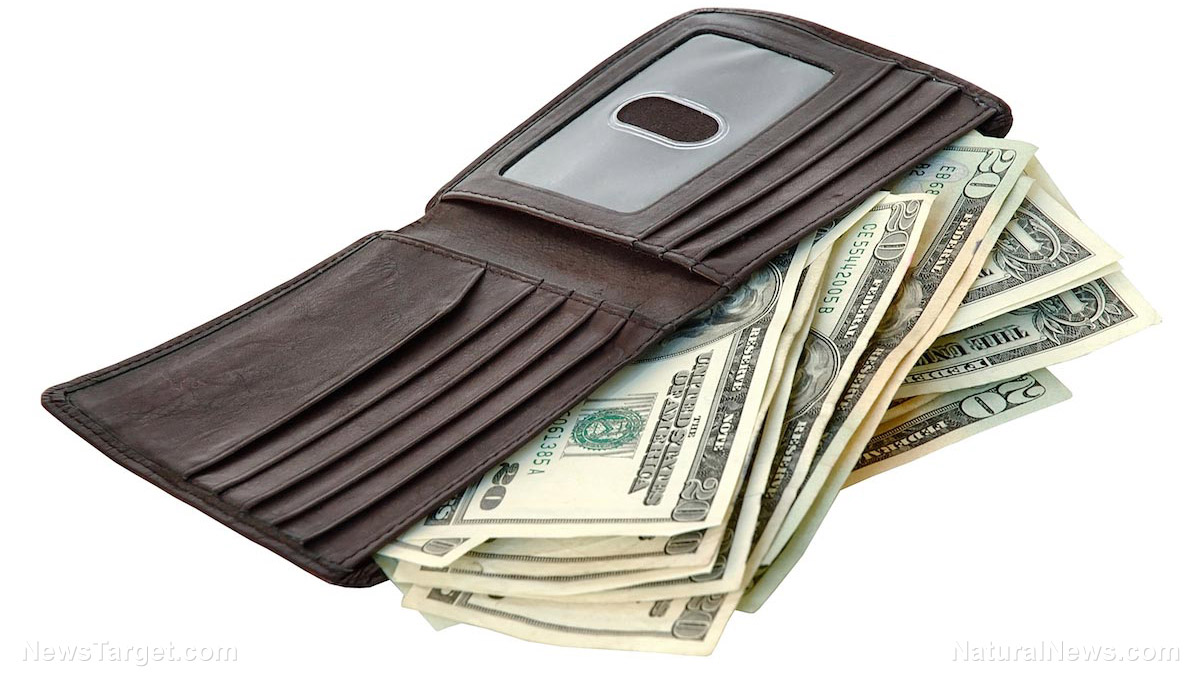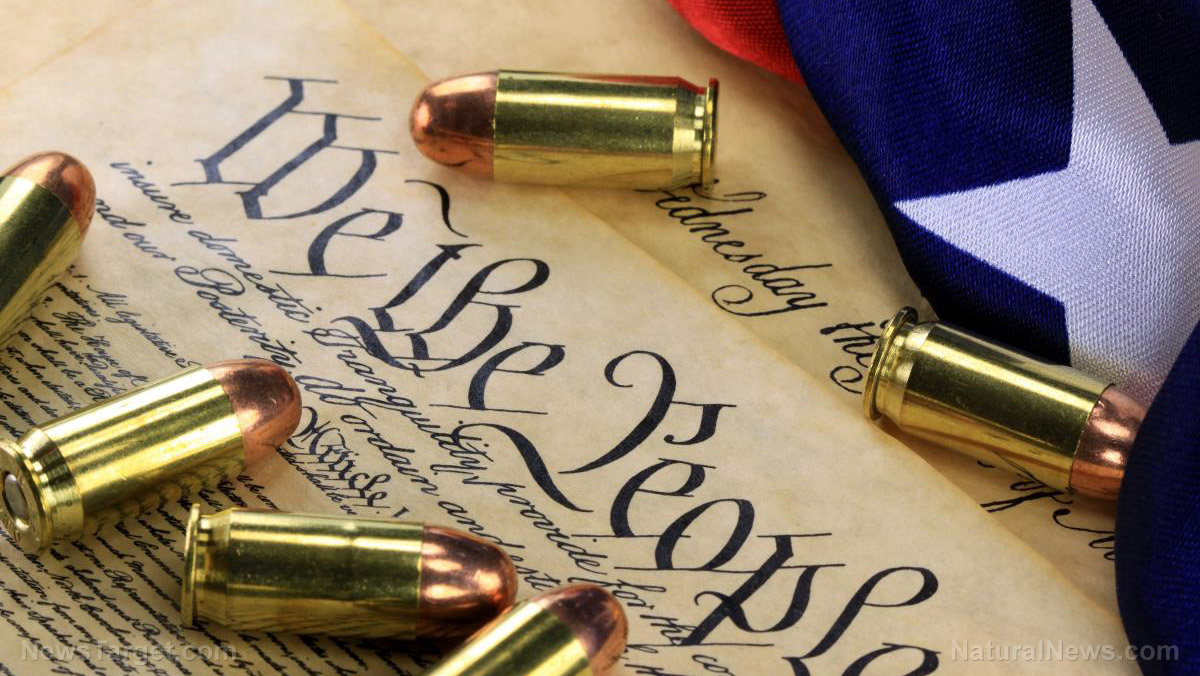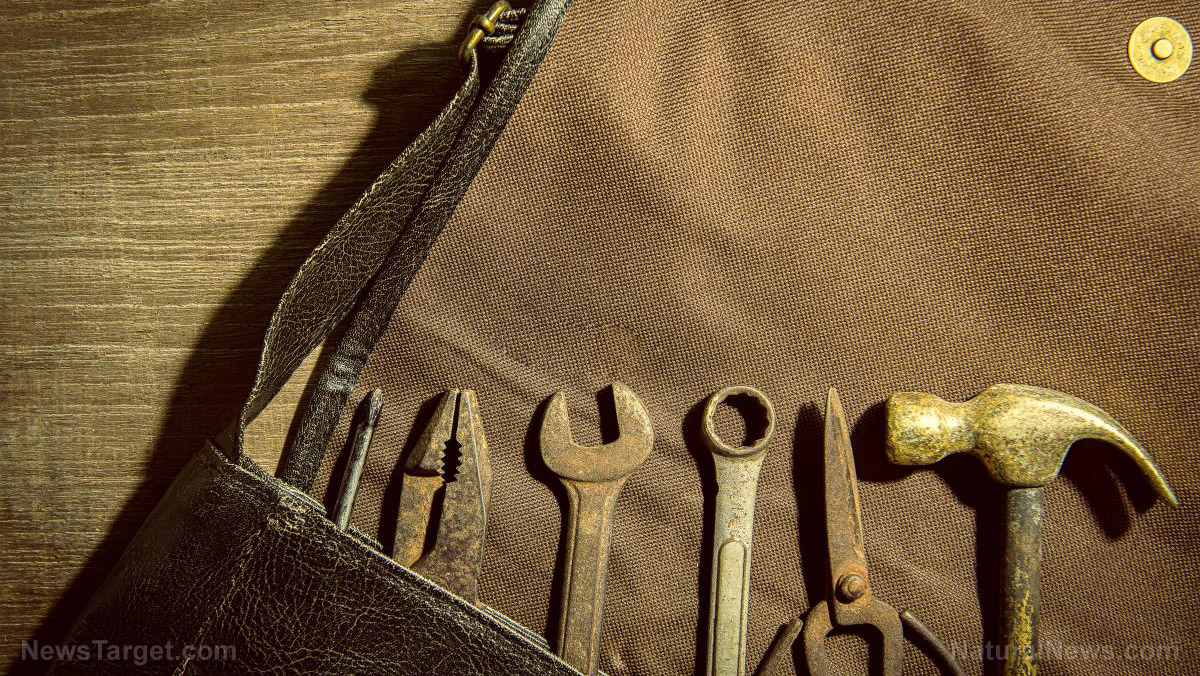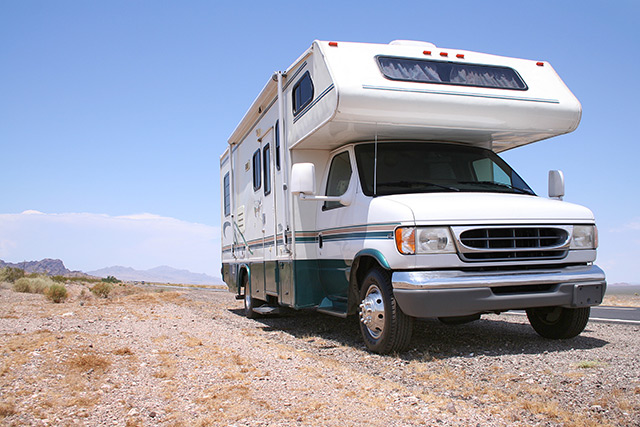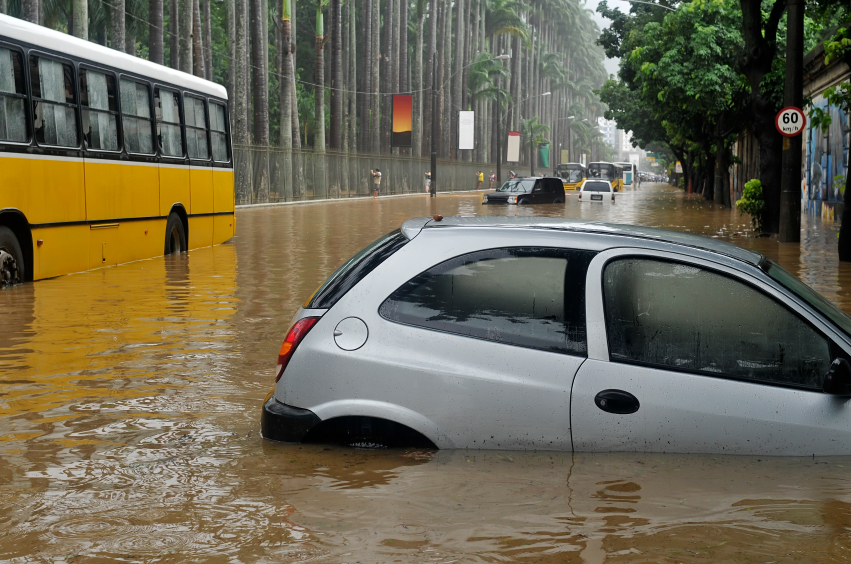Securing documents before SHTF: Useful preps for daily life
02/02/2020 / By Arsenio Toledo
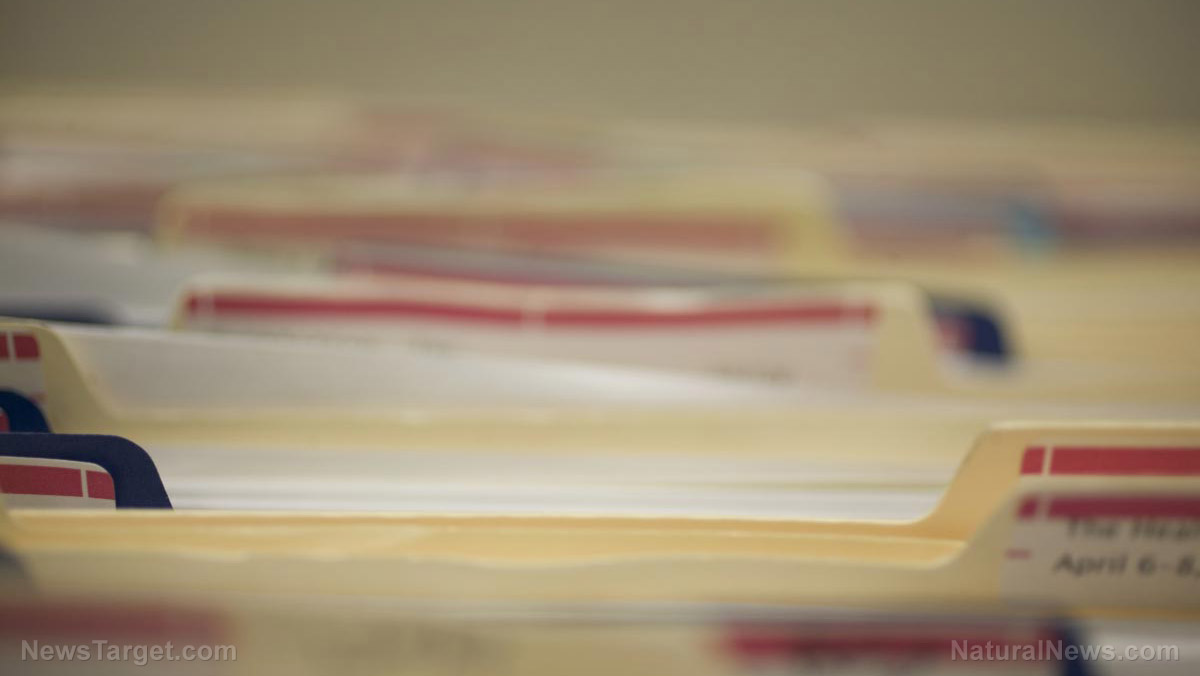
One thing you may not think about when prepping for an emergency is securing your personal documents. Having copies of your birth and marriage certificates tucked away in a binder, as well as digitally scanned and stored in cloud storage or an external drive, are good ways to secure your documents. If you haven’t prepared backups for your important files, now is a good time to do so. Don’t wait until SHTF – here are some of the most important documents you need to secure. (h/t to JustGreatLawyers.com)
Family documents
Family documents will be papers such as birth and marriage certificates, divorce papers and copies of your social security numbers, passports and driver’s license. For your birth certificate, an original copy may be necessary to prove your citizenship. You must also keep photographs of your family members to help authorities keep track if ever one of your loved ones goes missing. If you have pets, take pictures of them as well for the same reason and, if they’re microchipped, keep a copy of the microchip tag number.
If you were a naturalized citizen, make sure you get a copy of your citizenship papers to help prove your identity.
Legal documents
If you’ve crafted a last will and testament, keep a copy of it. If you haven’t made one, do so immediately to make sure your assets go to your loved ones. Also consider crafting a living will, which is a document outlining what medical treatments you are okay with having or you would prefer to not receive if you are seriously injured or suffering a chronic, perhaps terminal, illness. This document also names individuals who are allowed to make medical decisions for you if you are unable to do so (such as if you’re in a coma).
Also be sure to keep copies of titles and deeds to property you own, whether it be your house, your car or another valuable item. Make sure these are actual copies from the appropriate legal entities and not photocopies.
Financial documents
The most crucial financial documents you may need will be the numbers of your credit cards and bank accounts. This will be crucial especially if you lose your ATM and credit cards or if the withdrawal machines are down due to lack of electricity. Copies of bank statements, as well as your latest credit or debit card statement, may suffice. Having access to your money when SHTF is essential to surviving.
If the disaster subsides, you may need assistance during your recovery period. Having copies of your income tax returns and your personal and business tax statements may help you get a loan or apply for assistance based on your income. Also keep in mind that you must keep any insurance information you have. Life, car, homeowner’s and health insurance statements should all be copied and secured. (Related: SHTF: If you are well prepared, you will become an instant target of the non-prepared.)
You have a variety of options for where to store your important documents. The Federal Emergency Management Agency (FEMA) recommends a container, such as a lock box, a safe or a safety deposit box in a trusted bank. If you decide to invest in a lock box or a safe, make sure they are both fireproof and waterproof. However, if you prefer keeping your documents with you, consider an emergency binder. You can keep all your files in one folder and you can quickly grab it in case of an emergency. Just make sure that you have multiple copies of everything stored in different locations.
Sources include:
Tagged Under: bank statements, Birth Certificate, bug out, bugout, disaster, emergencies, family documents, financial documents, Gear, legal documents, marriage certificate, personal documents, preparedness, prepping, SHTF, survival, survival gear
RECENT NEWS & ARTICLES
COPYRIGHT © 2017 PATRIOT NEWS

